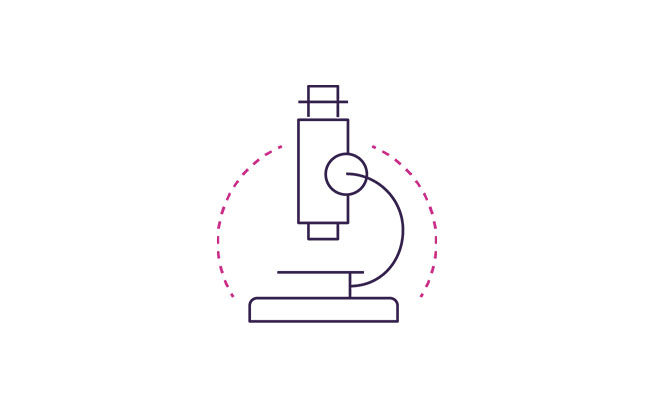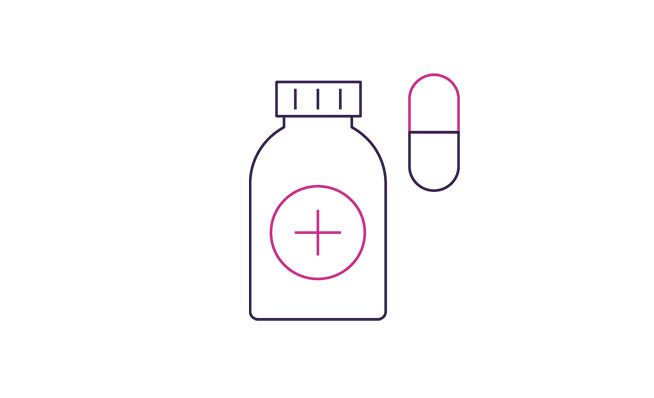Promoting better patient outcomes and a healthier population
Medicines and vaccines exist to help people live better, healthier lives, and the latest innovations coming from the research-based pharmaceutical industry are transforming patient outcomes like never before.
When NICE in England, the SMC in Scotland, or AWMSG in Wales, approve a new medicine for use by the NHS, they confirm that that product is both clinically effective and cost-effective. NHS patients in England have a legal right to access any NICE-approved medicine if their healthcare provider believes they can benefit from it. However, due to several complex factors, patients do not always get access to treatments they are entitled to as quickly or fairly as we would like.
The 2024 Voluntary scheme has a number of shared commitments from NICE, NHSE, DHSC and industry to address these issues. These are spelled out fully in the scheme, but include:

Horizon scanning and system readiness commitments
including the development of a new UK PharmaScan platform and end-to-end pathway guide. Databases to monitor Local Formulary variation and increase the visibility of Patient Support Programmes will also be introduced in England.

NHS England will consult on two updates to the Commercial Framework for New Medicines
to support broader and more predictable use of commercial flexibilities.
The Commercial Framework sets out how companies can work with NHS England on medicines access and commercial arrangements and the industry is hoping for more flexibility to bring England into line with other countries.

A review of the budget impact test threshold (BIT)
with the intent to increase it from £20 million to £40 million within the first six months of the scheme. The BIT limits the cost impact of new technology on the NHS England budget within the first three years.

Two new innovative payment model pilots
to support access to Advance Therapy Medicinal Products (ATMPs).
ATMPs are revolutionary medicines that are based on genes, tissues or cells. They have the potential to dramatically improve patient lives by treating the root cause of diseases, and in some cases may even be curative.
However, they present challenges for health systems because they are so different from traditional medicines. They are often only used as a one-time treatment - resulting in a high upfront cost - and offer long-term benefits which are hard to evidence at launch. The new model pilots will explore innovative solutions to these challenges.

Measures to support the equitable adoption of clinically and cost-effective medicines
In England, these include enhancements to national and regional clinical leadership job descriptions to embed championing of NICE-recommended medicines, further development of data tools to track variation in uptake of NICE-recommended medicines, and a new patient support programme (PSP) database to increase the visibility and scale-up of use of such programmes.
Background to the 2024 Voluntary Scheme on Pricing, Access and Growth (VPAG)
- What is the Voluntary Scheme?
- The 2024 VPAG key objectives
- Promoting better patient outcomes and a healthier population
- Contributing to a financially sustainable NHS
- How company payments are calculated under the 2024 VPAG
- Supporting UK economic growth
Last modified: 27 March 2025
Last reviewed: 27 March 2025